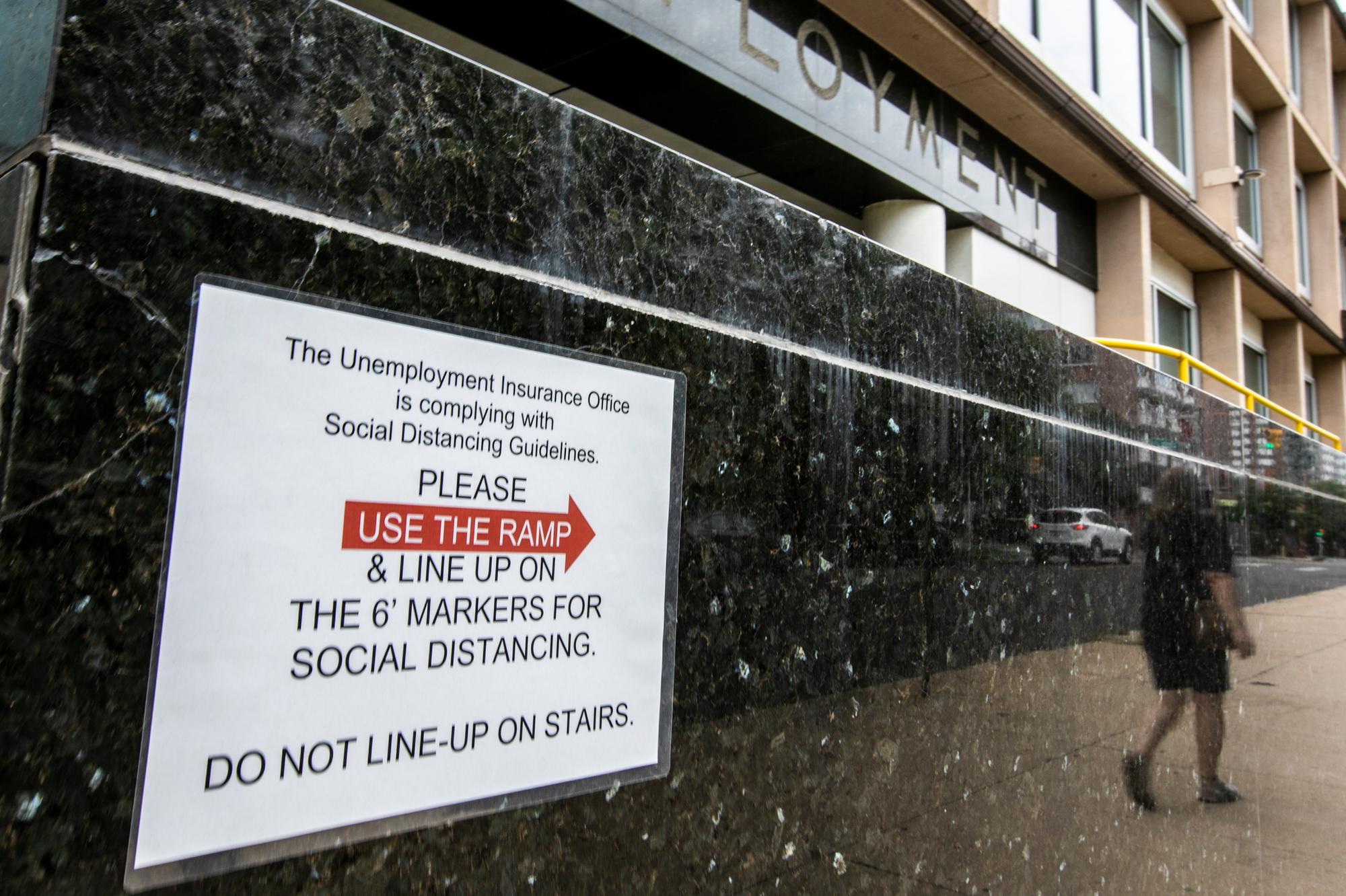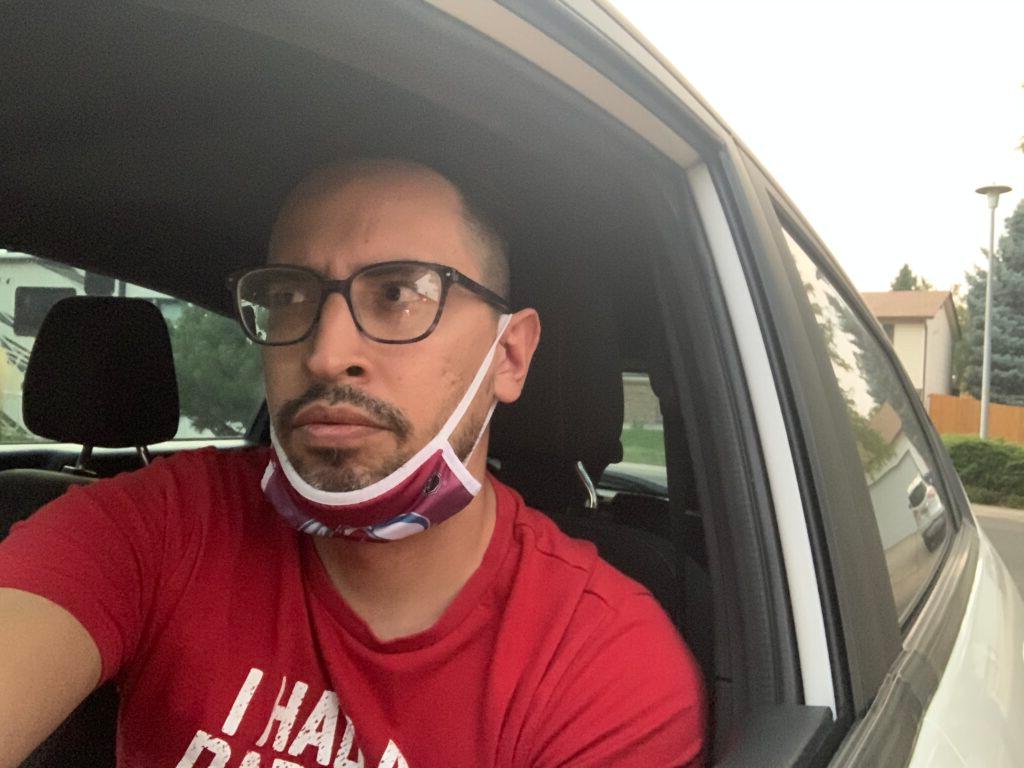
UPDATE: Thursday, Oct. 8, 4:18 p.m.
The Colorado labor department announced Thursday it will freeze its efforts to reclaim those overpaid funds and will stop withholding funds from affected people.
The department also plans to wipe away the remaining overpayment debts for this group late in October.
But people who have already repaid the money — including those who had funds withheld from their benefits payments — must appeal their cases to recover funds.
Our original story continues below.
Hundreds — and possibly thousands — of unemployed Coloradans are being asked to repay some of the unemployment benefits they received from the government due to errors in their applications, and the issue is hitting gig workers especially hard.
State officials say the problem stems from human error combined with the rush to deploy a brand new unemployment program. They say they are bound by federal law to correct mistakes made by applicants, but they also are trying to clarify potentially confusing language on a state website.
Meanwhile, the mess has left some recipients with paltry benefits, major debt and no solutions. Adam Christopher Brill, 39, has seen his benefits drop to about $111 per week, and the state has told him he owes roughly $6,000 to fix an overpayment.
Have you been asked to repay unemployment benefits in Colorado? Contact the reporter.

“I felt like they rushed the system to get out. They were under a lot of pressure. It’s now coming back to us as gig workers and self employed people,” said Brill, who drove for Uber before the pandemic.
The error was simple but devastating: When he was applying for benefits, Brill used the wrong figure from his tax forms, inadvertently leading the state to pay him too much. He thinks the mistake may be the result of misleading wording on the state’s application form for Pandemic Unemployment Assistance, the new federal benefits program for gig workers.
“I am somebody that has a high-functioning form of autism. Sometimes I process things a little differently. For even the general person, I think that would be confusing,” Brill said.
Brill requested benefits based on the five-figure amount he earned in paychecks from Uber in 2019. But PUA benefits are meant to be calculated from earnings after expenses. Since he had reported a net loss on his 2019 tax forms, his weekly benefits should have been hundreds of dollars smaller.
However, the state website told workers to submit their “business income or losses.” The word “income” commonly refers to revenues before expenses, which is what Brill arguably submitted. A more common phrase is “profits or losses.”
The Colorado Department of Labor and Employment is working now to update the language on the application.
Brill is part of a wave of people who lost their jobs in the pandemic recession and are now being asked to repay a portion of their unemployment benefits. Some simply need to submit more documentation to resolve their problems. But state officials say that the cases of gig workers like Brill are among the most common.
“Overpayments are always a part of the unemployment insurance program, for a variety of reasons around eligibility of benefits. But they are amplified during economic downturns,” said Cher Roybal Haavind, deputy executive director for CDLE.
“There is unprecedented demand for benefits and assistance, and with that comes direction to quickly administer those benefits. And in the process of adjudicating or processing those claims, you will have a portion that were not eligible for that full benefit amount and resulted in overpayments.”
The labor department could not immediately provide figures for the number of overpayment cases, nor their causes and the total amount owed, but expects to release that information soon, Haavind said. The number of affected people may be in the thousands, another labor official said.
The state recovers some of the overpayments by taking a cut of unemployment benefits, but it can also take the money from future tax refunds. The state offers repayment plans.
Brill had been driving for Uber for nearly three years before the pandemic. He normally wouldn’t have been eligible for unemployment benefits, but Congress extended a lifeline to gig workers with the PUA program.
“It was a huge relief, not only for myself but for my family,” Brill said. He was originally receiving about $1,200 a week, including about $600 from PUA and another $600 from the federal unemployment boost, which has since expired.
He doesn’t want to go back to driving yet, since he lives with and cares for his mother, who is vulnerable to COVID-19. But he’s not sure how much longer he can hold out on his reduced benefits, he said.
“I’m good for a little bit now,” he said. “Then I’m going to start to get worried, I’ll start to get stressed.”









